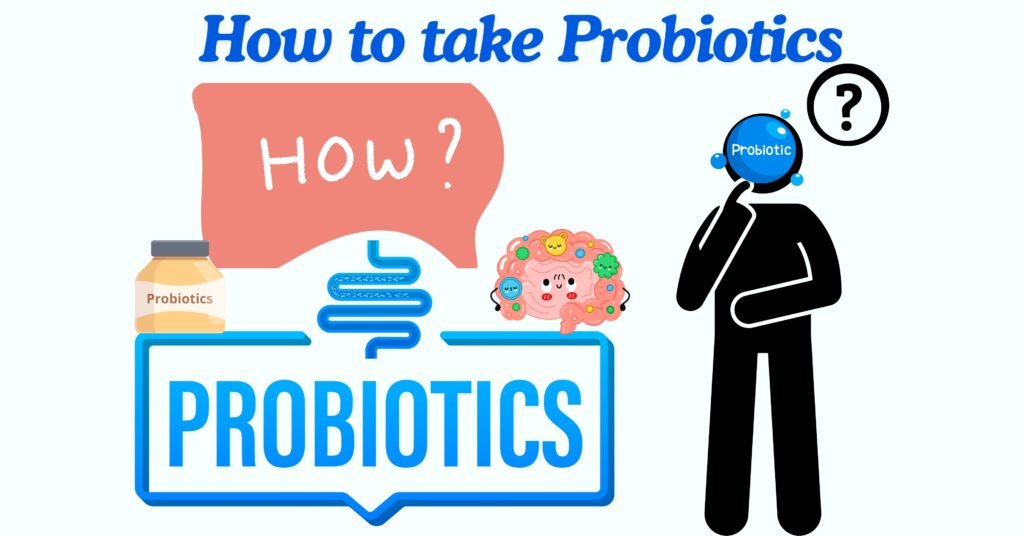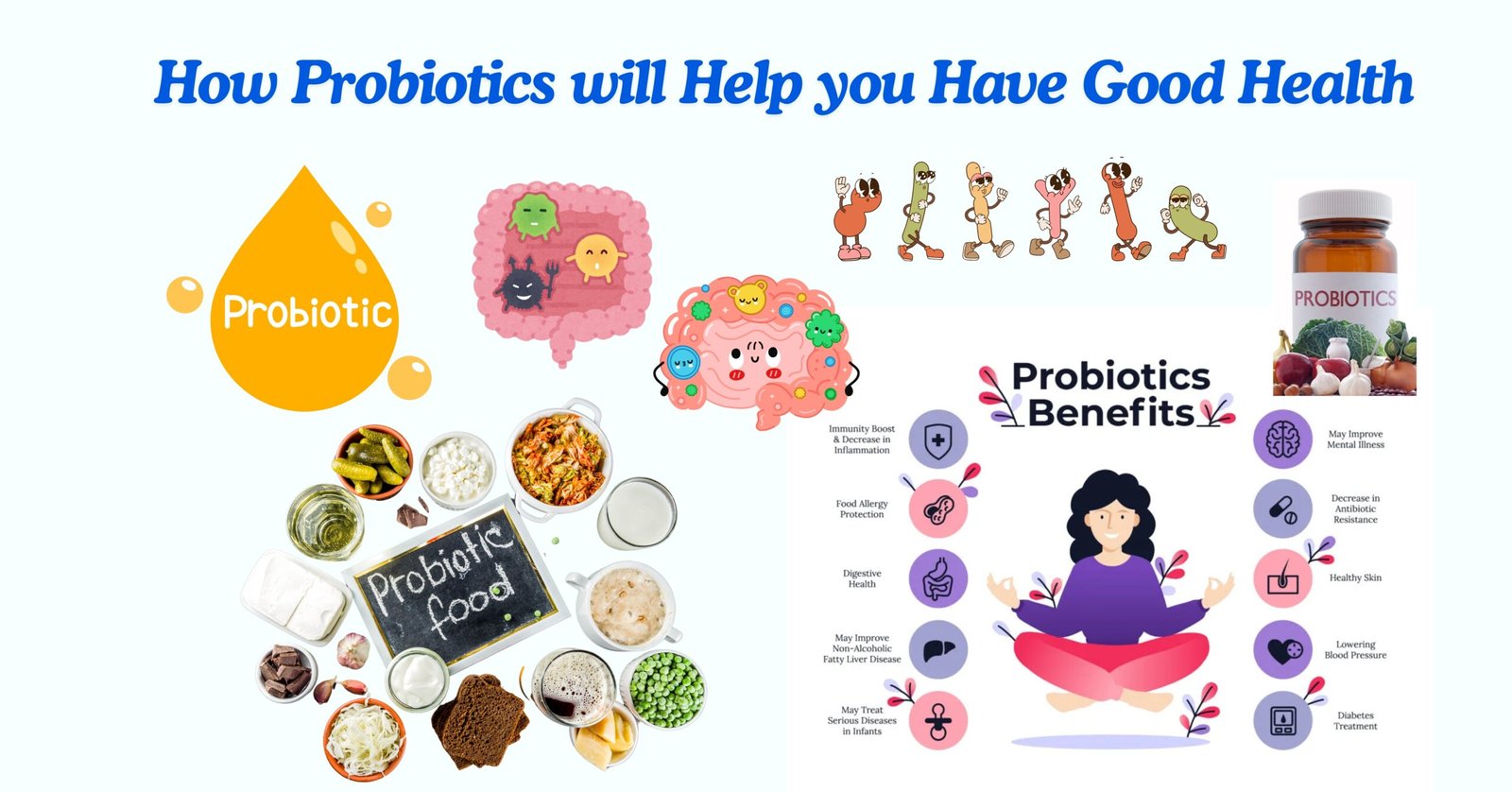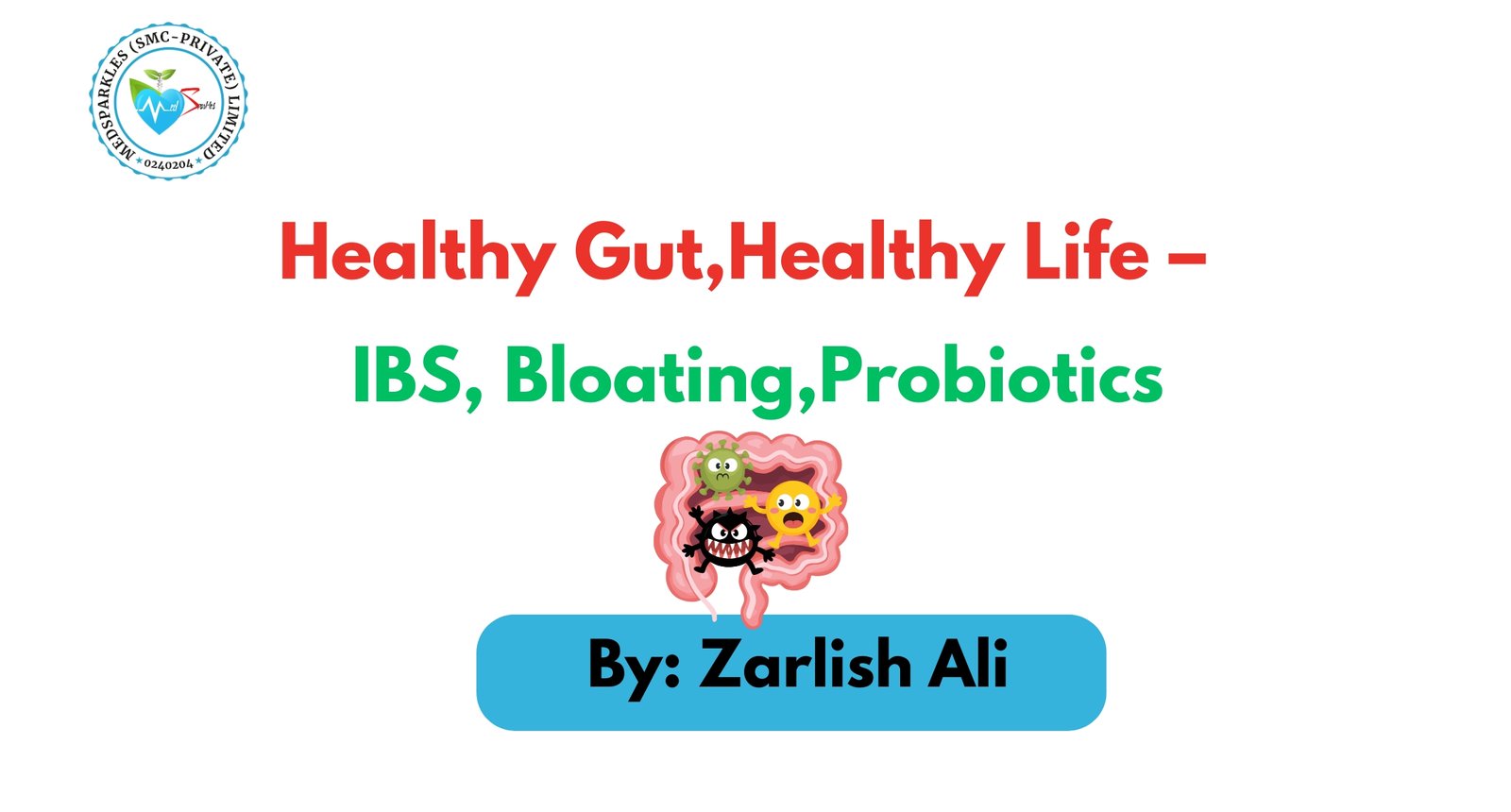What are probiotics?
Probiotics are good bacteria that reside in the intestines and enhance overall health by boosting the immune system and making it easier for the body to absorb and digest nutrients.
Bad bacteria occupy the colon when the intestinal flora is out of balance, which is frequently the result of using antibiotics or not eating a healthy, balanced diet. These bacteria weaken the immune system and make the body more prone to illness.
Benefits of probiotics
The main benefits of probiotics are:
Combat and avoid intestinal conditions including Crohn’s disease, irritable bowel syndrome, colitis, and intestinal inflammation.
Combat illnesses including cancer, urinary tract infections, haemorrhoids, and candidiasis.
Reduce acidity and enhance digestion.
Combat diarrhoea and constipation by controlling intestinal transit.
Boost the absorption of minerals including calcium, iron, and vitamin B.
Boost the body’s defence cells, known as macrophages, to fortify the immune system.
Stop harmful germs from growing in the gut.
aid in the digestion of lactose, particularly in those who are intolerant to it.
Avoid issues including high blood pressure, high cholesterol, and obesity.
Avoid dietary intolerances and allergies.
aid in elevating mood, since there is a clear correlation between gut flora balance and a decline in illnesses like anxiety and melancholy.
Since some studies seem to show advantages not just at the gastrointestinal level but also at the behavioural level, enhancing the capacity to focus and listen, they may help treat disorders like autism.
From birth, a probiotic-rich, healthy gut flora starts to develop, particularly if the infant is delivered normally and is nursed exclusively for the first few months of its existence.
How to take probiotics

There are two ways to take probiotics:
On the one hand, we have the possibility of increasing the consumption of foods that are considered natural probiotics, such as yogurt or kefir.
On the other hand, it can be done by using probiotic supplements.
What are probiotic foods?
Among probiotic foods we can find:
– Natural yogurt, these are the main and easiest source of probiotics on the market today.
– Kefir , is a product fermented with yeast and bacteria, similar to yogurt, but has a higher amount of probiotics.
– Fermented milk , are special products that generally contain Lactobacillus added by the industry, Yakult being the most famous.
– Kombucha , is a fermented drink made mainly from black tea
– Oriental products based on soy, legumes and vegetables such as Miso, Natto, Kimchi and Tempeh that can be purchased in specialized stores;
– Sauerkraut , is a culinary preparation that is made through the fermentation of fresh cabbage leaves or cabbage.
– Pickles , a preparation of cucumbers in water and salt, are left to ferment for a while.
– Sourdough or natural yeast , is a live culture composed of yeasts and bacteria that are produced through the fermentation of cereals such as wheat and microorganisms that are naturally found in the environment, being used to make various products such as bread, cakes and cookies.
– Some cheeses such as Cabrales, Roquefort may also contain live cultures of microorganisms with probiotic properties, making it important to read the nutritional labeling to confirm whether or not this type of cheese contains these bacteria.
Probiotic supplements
There are various capsule, liquid or sachet presentations, which must be diluted in water or natural juices to be consumed. They can be found in pharmacies and nutritional products stores.
There are several types of supplements, including between 1 to 10 different types of probiotics. The most important ones are:
Bifidobacteria animalis: helps strengthen the immune system, in addition to facilitating digestion and fighting bacteria transmitted by eating contaminated food.
Bifidobacteria bifidum: are present in the small and large intestine, helping in the digestion of dairy products.
Bifidobacteria Brief: They are present in the intestine and vaginal tract, helping to fight bacterial and fungal infections.
Bifidobacteria longum: is one of the most common types of probiotics in the intestine and helps eliminate toxins from the body.
Lactobacillus acidophilus – is perhaps the most important type of probiotics, as it helps in the absorption of various nutrients, as well as fighting infections and facilitating digestion.
Lactobacillus reuteri: they are present especially in the mouth, stomach and small intestine, being important against Helicobacter pylori infection.
Lactobacillus rhamnosus: They are present in the intestine and can help quickly combat cases of diarrhea, especially when traveling to other countries. It can also help treat acne, eczema and candida.
Lactobacillus fermentum: help neutralize products and toxins released during digestion, improving the environment for the growth of intestinal flora.
Saccharomyces boulardii: helps treat antibiotic or traveler’s diarrhea.
Foods that we should eliminate from our diet for a strong immune system
Carbonated drinks, soft drinks.
Processed foods and some frozen foods have large amounts of sugar, salt, carbohydrates and saturated fats, chips, ready meals, pizzas.
Alcoholic beverages.
Refined carbohydrates , white bread cause inflammation and wear down the immune system, even more so if we accompany it with sugary drinks such as soft drinks, fruit juices or sweetened coffees.
Salt. Although its use is vital for the flavor of food, its excessive consumption can lower our defenses. Excess salt causes infections and immune deficiencies against some bacteria.
Caffeine. Although we usually drink a cup of coffee in the morning, consuming large quantities of this drink could affect our health.
Foods and drinks high in sugar , ketchup, barbecue sauce, ice cream, sugary boxed cereals. Sugar weakens the immune system and the WHO recommends eating an average of 25 g of sugar per day to keep the body healthy.
Exercise and the immune system
performed Moderate physical exercise regularly produces an anti-inflammatory effect on the immune system, reduces the risk of suffering from infections, therefore reinforcing it if we compare the data with a sedentary lifestyle.
Physical activity can help eliminate bacteria from the lungs and airways and therefore reduce the chances of contracting any respiratory diseases.
Exercise causes changes in antibodies and leukocytes . Leukocytes are the cells of the immune system that fight diseases using antibodies, proteins that neutralize bacteria and external agents. These antibodies and leukocytes circulate more quickly with regular exercise, so they can detect and fight diseases more quickly and effectively.
Briefly raising body temperature during and immediately after exercise can prevent bacterial growth. This rise in temperature can help the body better fight an infection, similar to what happens when you have a fever.
Exercise decreases the secretion of stress hormones such as cortisol. Some stress increases the chance of infection. Decreasing stress hormones can protect against disease.






